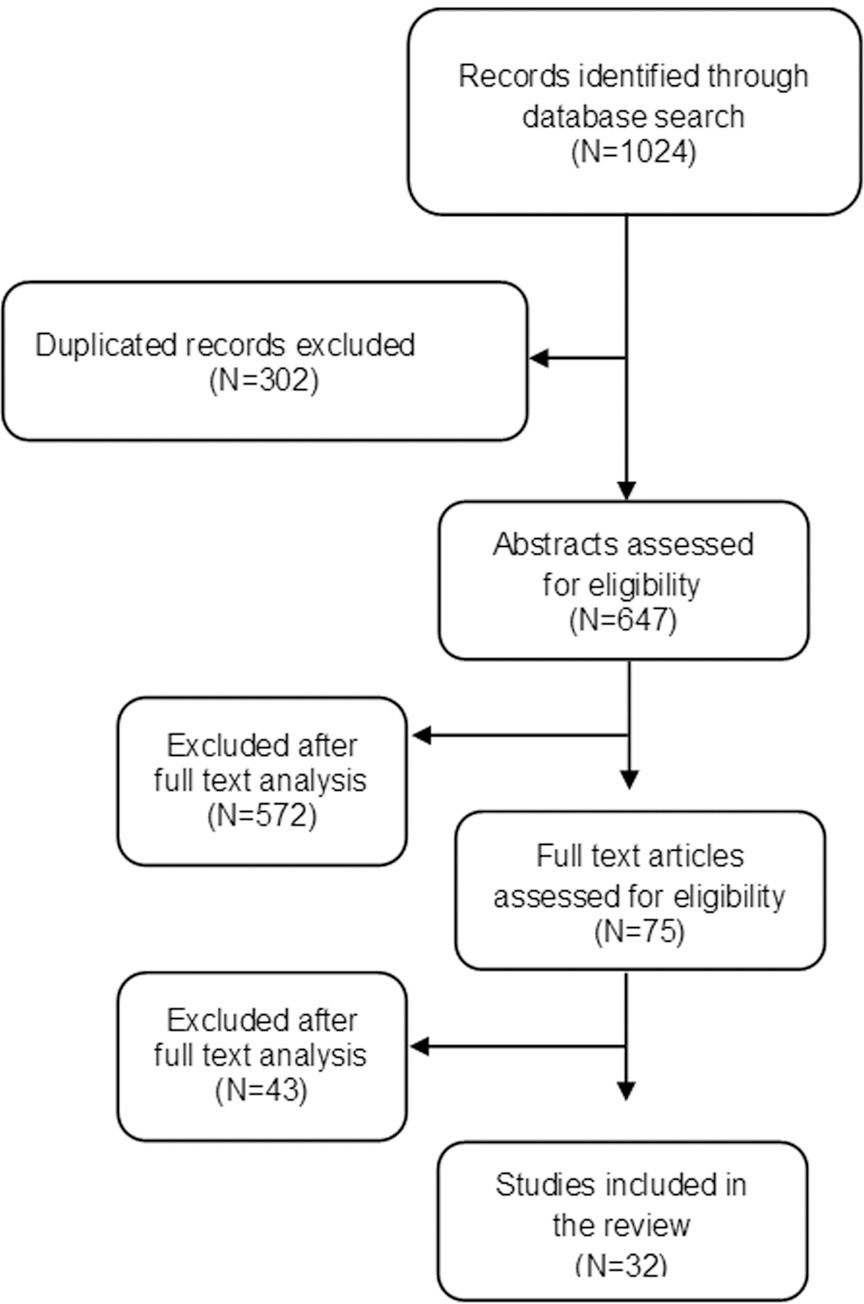Summary
Revista Brasileira de Ginecologia e Obstetrícia. 2022;44(7):692-700
To review concepts, definitions, and findings about fear of childbirth (FOC).
A bibliographic review was carried out through the main scientific databases in 2020.
All 32 articles considered potentially relevant were analyzed. A recent study suggests that the global prevalence of FOC can reach up to 14%. Factors such as parity, gestational age, previous birth experience, age and nationality of the woman seem to influence FOC.
Fear of childbirth could be related to an increased risk of adverse obstetric outcomes such as maternal request for cesarean delivery, preterm birth, prolonged labor, postpartum depression, and post-traumatic stress. These evidence highlight the importance of the discussion regarding this topic.

Summary
Revista Brasileira de Ginecologia e Obstetrícia. 2021;43(10):765-774
To investigate depression and sexual function among pregnant and nonpregnant women throughout the COVID-19 pandemic.
A total of 188 women, 96 pregnant and 92 non-pregnant were included. The Beck Depression Inventory (BDI) and the Arizona Sexual Experience Scale (ASEX) were applied to the participants after obtaining sociodemographic data.
The depression scores of pregnant and non-pregnant women were similar (p = 0.846). We found that the depression scores were significantly higher among the group of participants who have lower economic status (p = 0.046). Moreover, the depression score was significantly higher among women who lost their income during the pandemic (p = 0.027). The score on the ASEX was significantly higher, and sexual dysfunction was more prevalent among women who have lower levels of schooling and income (p < 0.05). Likewise, the ASEX scores were significantly higher (p = 0.019) among the group who experienced greater income loss throughout the pandemic. Upon comparing the pregnant and non-pregnant groups, we detected that sexual dysfunction had a significantly higher rate among pregnant women (p < 0.001).
In times of global crisis, such as the current pandemic, low-income families have an increased risk of experiencing depression and sexual dysfunction. When we compared pregnant women with non-pregnant women, depression scores were similar, but pregnant women were at a 6.2 times higher risk of developing sexual dysfunction.
Summary
Revista Brasileira de Ginecologia e Obstetrícia. 2020;42(7):380-389
To analyze the consumption of minimally-processed and ultraprocessed foods in relation with sociodemographic variables, maternal habits, educational activity received during prenatal care and clinical history.
A cross-sectional, analytical and descriptive study with 1,035 pregnant women who lives in the municipalities of the metropolitan region of Grande Vitória, Espírito Santo, Brazil (RMGV-ES), and who were hospitalized in establishments of the Unified Health System (SUS) due to childbirth (April-September 2010). The food frequency questionnaire, pregnant woman’s card and information from the medical records of the health facility unit were analyzed. The Chi-square test and the binary logistic regression model were used to investigate the association between the independent variables and the consumption of ultraprocessed foods.
It was identified that pregnant women ≤ 19 years of agewere 2.9 timesmore likely to consume ultraprocessed foods (confidence interval [CI] 95% 1.683-5.168, p< 0.001), while those ≥ 35 years old were less likely to consume them (odds ratio [OR] 0.265, 95% CI 0.105-0.666, p= 0.005). Maternal smoking increased the odds of consumption of ultraprocessed foods by 2.2 times (95% CI 1.202-4.199, p= 0.011) and pregnant womenwho did not obtain information on healthy food during prenatal care presented 54.1% less chances of consuming minimally-processed foods (OR 0.459, 95% CI 0.307-0.687, p< 0.001).
Smoking during the gestational period and being a teenager are factors that influence the consumption of ultraprocessed foods of pregnant women. Race/ color, head of household, age group, receiving of information about feeding in the prenatal period and not having smoked in gestation determined the consumption of minimally-processed foods.
Summary
Revista Brasileira de Ginecologia e Obstetrícia. 2020;42(5):303-304
The COVID-19 outbreak is increasing around the world in the number of cases, deaths, and affected countries. Currently, the knowledge regarding the clinical impact of COVID-19 on maternal, fetal, and placental aspects of pregnancy is minimal. Although the elderly and men were the most affected population, in previous situations, such as the 2009 H1N1 influenza pandemic and the Ebola epidemic, pregnant women were more likely to develop complications than nonpregnant women. There are unanswered questions specific to pregnant women, such as whether pregnant women are more severely affected and whether intrauterine transmission occurs. Additional information is needed to inform key decisions, such as whether pregnant health care workers should receive special consideration, whether to separate infected mothers and their new borns, and whether it is safe for infected women to breastfeed.